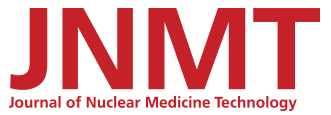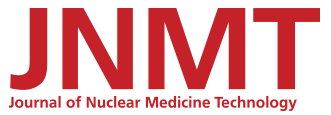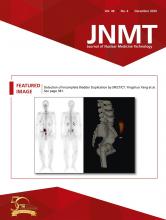TO THE EDITOR: PET imaging is commonly used in adult patients. Its use in pediatric patients is limited but indicated in certain cancers such as lymphoma, sarcoma, neuroblastoma, and central nervous system tumors (1). The main limitation of PET imaging is its relatively limited spatial resolution in detecting small lesions, mainly because of the noncollinearity of the 511-keV annihilation photons, positron range, detector scatter, and parallax error (2–5). However, small-animal PET scanners have higher spatial resolution than standard human PET scanners (approximately 1 mm vs. 4–6 mm) (2,5,6). Images taken in small-animal PET scanners are less affected by the noncollinearity of the 511-keV annihilation photons than are images taken in standard human PET scanners, because of the smaller ring diameter of the small-animal scanners (2). Depending on the manufacturer, the diameter of the ring is around 10–20 cm in small-animal PET scanners and around 70–90 cm in adult PET scanners. Building small-bore pediatric PET scanners may be beneficial for pediatric patients because the smaller bore may allow detection of smaller lesions than is possible with large-bore standard PET scanners. An alternative may be to build a dual-head PET scanner (open PET) with a large field of view in the axial direction (total body or half body) and moveable heads to adjust the distance from the patient (as in dual-head γ-cameras) (7). Such scanners could be used in both pediatric and adult patients and in brain studies and would also be more suitable for claustrophobic patients.
Footnotes
Published online Apr. 10, 2020.







